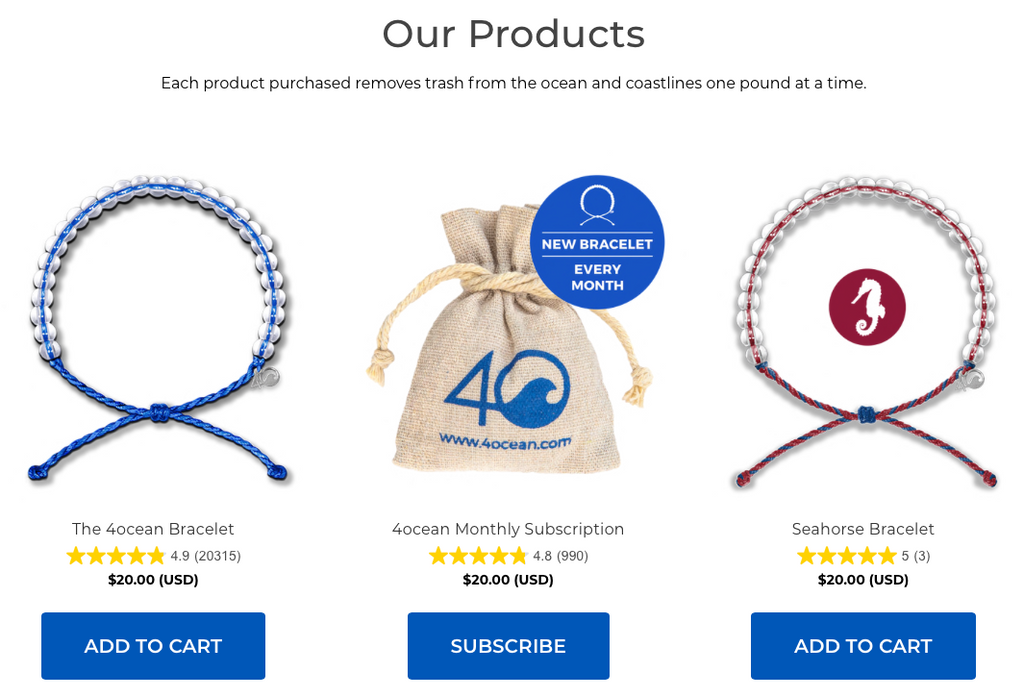Is there some new device or invention that will help us to understand the role that microplastics are playing in the environment and show us how they are affecting entire ecosystems? Well, sort of. But it's not something that's man-made. In fact, it is one of the most simple organisms in the ocean called an ascidian. Better known by the more common name sea squirt, these small, roundish, hand-sized animals can attach themselves to almost any hard substrate in the ocean and spend almost their entire lives filtering the water around them.

Why is this important? It turns out that these simple creatures are sort of like the rings of a tree, documenting microplastic conditions year over year. Not only are they continuously filtering the microplastic-filled water surrounding them, but they are also eating plankton, which are also feeding on microplastics. So these microplastics become lodged in the bodies of the sea squirts and basically create a running history of the number of microplastics in a particular environment at any given time. They help tell researchers what the entire environment around them was like over the course of their life, which can be as long as 30 years! And, since sea squirts are found in ocean waters all over the world, they may be able to tell us what historical concentrations of microplastics were in some areas and could potentially be used to keep track of current trends of microplastic density around the globe.

These organisms can live in very dirty and polluted water as well as clear and pristine water, so understanding how and why they can live at either end of the water condition spectrum may also be relevant. Additionally, this could be important because even though they look vastly different from human beings, in a simplistic way evolutionarily, they are related to us. Understanding how microplastics affect these organisms may give us some insight into our own susceptibility as this plastic pollution makes its way into the human food chain.

Let us know in the comments below if you have ever encountered these strange and slimy creatures on your journeys. What did you think about them? And now that you know how important they may be, what do you think of them now?
Head on over to our Discover 4ocean Facebook Group and join the conversation about ocean conservation and microplastics. Also, make sure to follow us on Facebook, Instagram, and Twitter to stay up to date on all things 4ocean!


